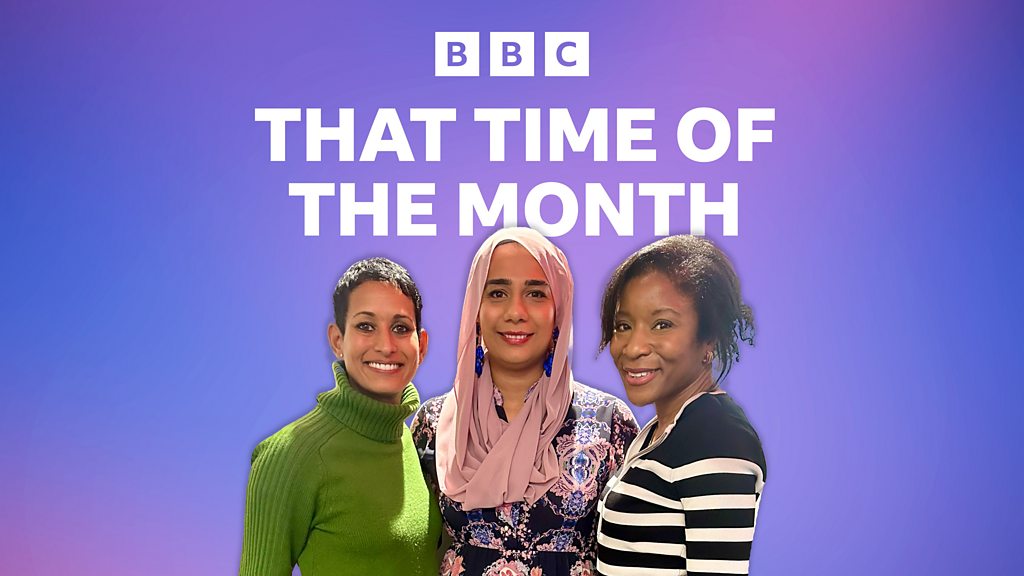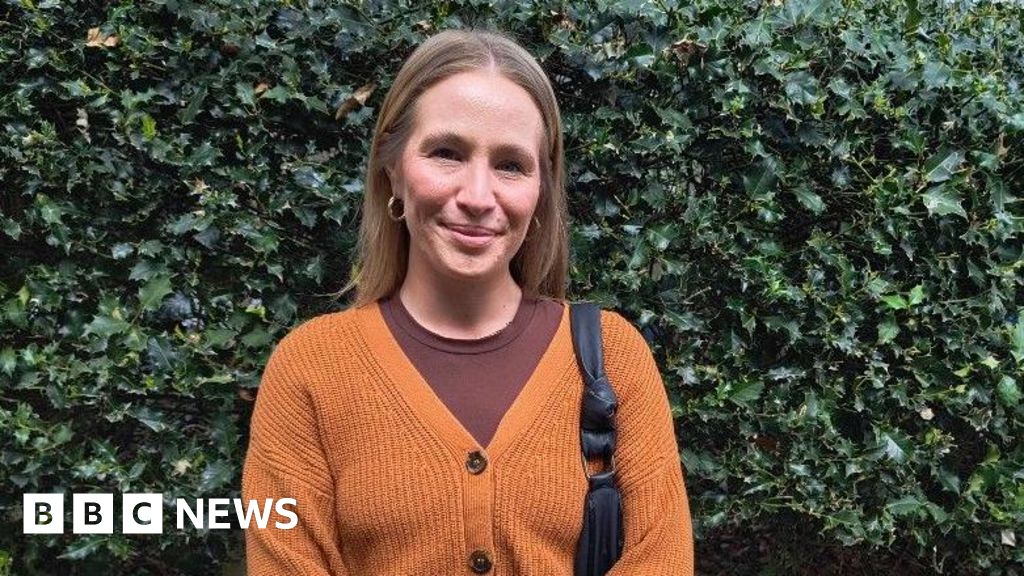ARTICLE AD BOX
By James Gallagher
Inside Health presenter, BBC Radio 4
Image source, Getty Images
It has never been easier to cut down on meat or even to ditch it entirely.
I'm writing this while munching on a takeaway vegan sausage roll, and my local supermarket has an ever-growing range of "faux-meats". You can even get pig-free vegan "pulled pork".
I enjoy eating meat, but have been trying to eat less - largely for environmental reasons - and the seductive lure of these meals means I can shift to a more plant-based diet while barely noticing the difference.
They offer a level of variety and convenience that never used to be there. Not that long ago, you'd be cooking from scratch.
However, these foods are quite clearly "ultra-processed". A steak, an egg or a piece of fish is food in its original form. Faux-meats or even some plant-based milks are anything but.
"People are thinking from an environmental point of view, but not necessarily thinking from a health one," says Prof Susan Lanham-New, head of nutrition sciences at the University of Surrey.
So how healthy are these meals and of what do you need to be aware?
Ingredients you don't recognise
Ultra-processed foods are those that have gone through substantial industrial processing.
The warning signs are ingredients you cannot pronounce, more than five of them on the packet, and anything your grandmother would not recognise as food.
The foods that spring to mind tend to be the diet baddies - cakes, chocolate, chicken nuggets, fizzy drinks and ready meals.
"But ultra-processed vegetarian food or ultra-processed vegan food, interestingly, has an aura, a halo of health around it," says Dr Giles Yeo, obesity expert at University of Cambridge.
He told Inside Health: "I think they are ultra-processed foods with very good PR."
Part of that good reputation is from the health credentials of the raw ingredients. Fruits, vegetables, nuts, beans (such as soya) and other pulses are all things that are part of a good diet.
Another benefit of shifting to a plant-based diet is lower levels of saturated fats, which often come from animal products.
Dr Yeo says: "So from that narrow prism, it is going to be healthier."
However, ultra-processing changes the make-up of food. It tends to be lower in protein, although some try to add it back in, and fibre.
Less fibre makes it easier to digest and for your body to absorb every last calorie.
Flavour also needs adding back in, which normally means salt, sugar and fats. It is undoubtedly a winning combo taste-wise, if not for our bodies.
Hike in sales
The rush of vegetarian and vegan ultra-processed foods is so new, it is still relatively poorly studied.
BBC
Compare vegan pulled pork and a bean burger - the ‘pulled pork’ is made with jackfruit, which contains very low levels of protein, the bean burger will have much higher levels
But we know that people taking part in rigorous trials eat about 500 calories more per day when offered ultra-processed foods, (including those with meat), instead of less processed meals.
The reason why is still uncertain. One suggested explanation is ultra-processed foods have a weaker effect on our appetite hormones, so still leave us hungry.
The rise of vegetarian or vegan ready meals also has the potential to change what is seen as a healthy lifestyle.
Lorna Stewart, from the Inside Health team, has been vegetarian for three decades.
"You couldn't go and buy a pre-prepared beetroot burger, you had to start with the beetroot, you had to cook from scratch because there just weren't lots and lots of convenience foods available," she says.
But now - because of the pressures of work and parenthood - she has a freezer full of them.
Sophie Medlin, from the British Dietetic Association, says: "We see this real boom in ultra-processed vegan products and I think it's great that they are there, I think everyone should be able to benefit from the convenience without compromising their ethics.
"But it has become much easier to be a very unhealthy vegan."
It seems if you eat more meals high in fat, salt and sugar, and low in fibre and protein, it is going to be bad for your health whether it's vegan or not.
Big differences
The specifics of vegetarian and vegan ready meals throw up their own challenges.
Compare vegan pulled pork and a vegan bean burger. The pulled pork is often made with jackfruit, which contains very low levels of protein. Whereas a burger made with beans will have much higher levels. Nutritionally they are very different.
Image source, Getty Images
Image caption, Non-diary milk substitutes vary widelyAll dairy milk is pretty much the same, but there is a wide variety of milk alternatives - soy, almond, coconut, oat, quinoa, rice and more - and there will be differences between manufacturers.
Some milks are naturally fatty, others have oils added back into them. And different milks will have varying levels of fortification, with vitamins and minerals such as calcium (for strong bones) and iodine (which is particularly important during pregnancy) in order to replicate the nutritional content of dairy milk.
Annoyingly the detail is in the small print on the back of the packs.
However, there are some easy tips for incorporating these meals into your diet.
Prof Lanham-New said to keep trying to cook meals from scratch, but if you do go for vegan ready meals then "still try and have your vegetables and your salad on the side".
Dr Yeo says focus on the ready meals with the most fibre, which probably means those with whole grains and most protein.
This applies across all ultra-processed foods - even a chocolate bar that has nuts for protein and dried fruit for fibre was a better choice than one without, he says.
"These are the little tricks that you can do; you want stuff that is higher in nuts, higher in dried fruit and higher in whole wheat," he says.

 3 years ago
91
3 years ago
91








 English (US) ·
English (US) ·